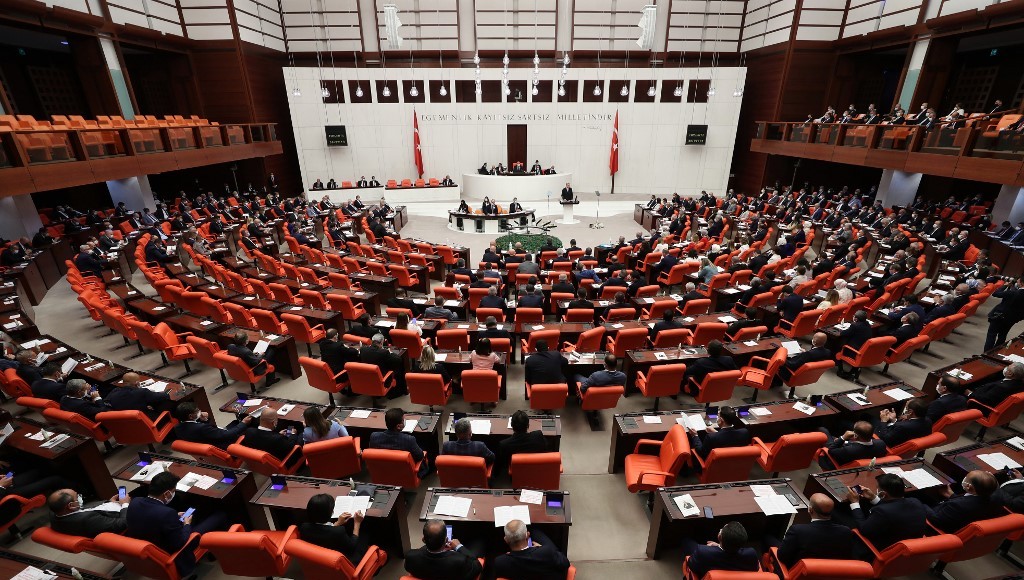Turkey’s main opposition Republican People’s Party (CHP) has abstained from voting in support of a bill to repeal post-coup decree-laws despite having promised to solve the problems of purge victims in the country’s general election earlier this year, the Stockholm Center for Freedom reported.
The bill was proposed in parliament by Ömer Faruk Gergerlioğlu, a deputy from the Peoples’ Equality and Democracy Party (DEM) and a prominent human rights advocate, with the aim of repealing the executive decree-laws issued after a failed coup in July 2016 to summarily sack more than 100,000 public sector workers.
The bill was rejected by the ruling Justice and Development Party (AKP) and its ally, the Nationalist Movement Party (MHP), as well as the Good (İYİ) Party, another nationalist faction. It was supported by DEM, the Felicity Party (SP), the Future Party (GP) and the DEVA Party.
“I present this historic moment to the conscience and the discretion of the general public,” Gergerlioğlu said on X, formerly Twitter.
“We weren’t surprised to see AKP, MHP and İYİ deputies who voted against ending the decree-law oppression since we didn’t expect any better from them. But I condemn the CHP, which became complicit by abstaining from voting,” said Münir Korkmaz, a reporter for KHK TV, a broadcasting platform dedicated to telling the stories of purge victims.
Ahead of Turkey’s presidential and legislative elections in May of this year, the CHP had promised to reinstate all the former public sector employees who were summarily dismissed from their jobs in the aftermath of the attempted coup.
Following the abortive putsch, the Turkish government declared a state of emergency that lasted until July 2018. During the state of emergency, a series of decree-laws issued by the government saw the mass dismissal of civil servants as well as the closure of hundreds of media outlets, NGOs, foundations, labor unions and educational institutions for suspected links to terrorism.
The plight of purge victims has been high on the agenda of human rights defenders since 2016 as it involved, in addition to losing their jobs without due process, blacklisting on the social security database that significantly hampered any job prospects in the private sector and automatic travel bans that prevented them from starting a new life abroad.
In some cases, people were denied access to fundamental social services such as disability benefits due to a family member who was a purge victim.
The lack of an effective remedy has also been the subject of widespread international criticism as the purge victims initially had no clear way of appealing the decree-laws. While the government eventually set up an ad hoc review commission amid pressure from European human rights organizations, the commission was also criticized for its lack of institutional independence, opaque procedures and seemingly arbitrary criteria for reviewing appeals. It ended up rejecting an overwhelming majority of the applications it received.
Turkey was ranked 117th among 142 countries in the rule of law index published by the World Justice Project (WJP) in October, dropping one rank in comparison to last year.



